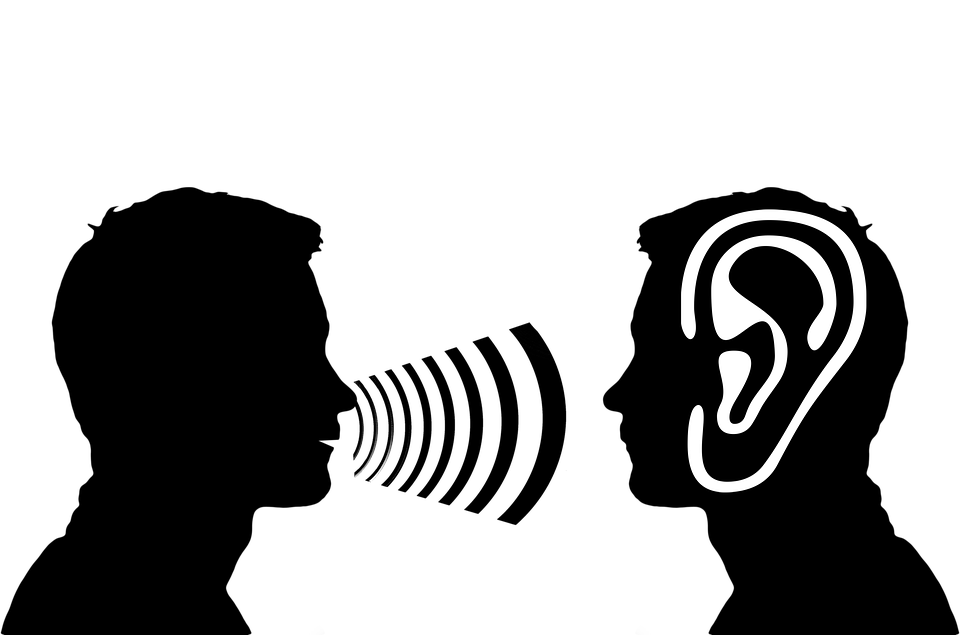Do you ever get stuck or end up arguing because of miscommunication in your relationships?This is a tool I created to use when talking between two people becomes incredibly difficult and you’d like to reconnect, constructively. I hope you enjoy it and please let me know if you have feedback. The problem: is that both people get so frustrated that they interrupt and don’t really listen. This leads to resentment and frustration. The method: Inspired from the practices of Circling and authentic relating, after listening to a person you pause, tune in and respond with either:
Let's look into these in more detail... These three simple ways of responding are a way of communicating mindfully.
A useful ending can be to sum up:
VULNERABLE! Having a real conversation with actual listening takes courage and feels vulnerable. Remember to practice healthy self care by finding your own balance of boundaries and empathy. In the end you will know if it is worth it, because experiencing this kind of honesty and intimacy can feel incredible and reconnect people through seemingly impossible arguments. Good luck, keep breathing and listen to yourself too. x Bonus: Celeste Headless tips: Keep your mouth shut frequently. Instead of talking endlessly:
1 Comment
Bronnie Ware is an Australian nurse who has counselled people in their last year of life has revealed the most common regrets we have towards the end of our lives. And among the top, from men in particular, is "I wish I hadn't worked so hard." Bronnie recorded their dying epiphanies in a blog called Inspiration and Chai, which became a book called "The Top Five Regrets of the Dying." In it she says, "common themes surfaced again and again." Here are the top five regrets of the dying, as witnessed by Bronnie: 1. "I wish I'd had the courage to live a life true to myself, not the life others expected of me."
2. "I wish I hadn't worked so long and hard, sacrificing what I loved."
3. "I wish I'd had the courage to express my feelings."
4. "I wish I had stayed in touch with my friends."
5. I wish that I had let myself be happier."
Some questions:
|
AuthorsNeil Morbey is a meditation teacher, group facilitator and inspiration guide for Positively-Mindful.com Blog Index
Archives
May 2024
|



 RSS Feed
RSS Feed